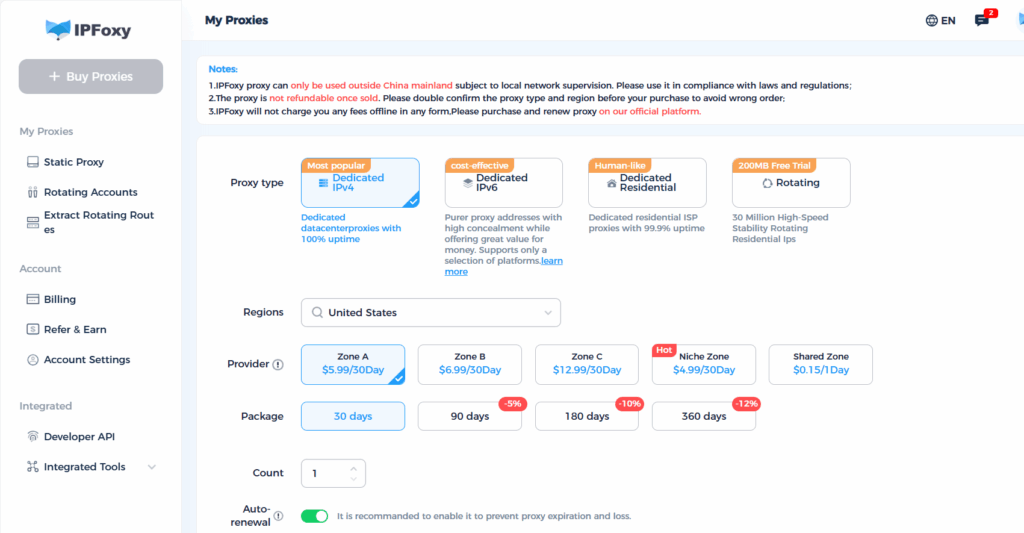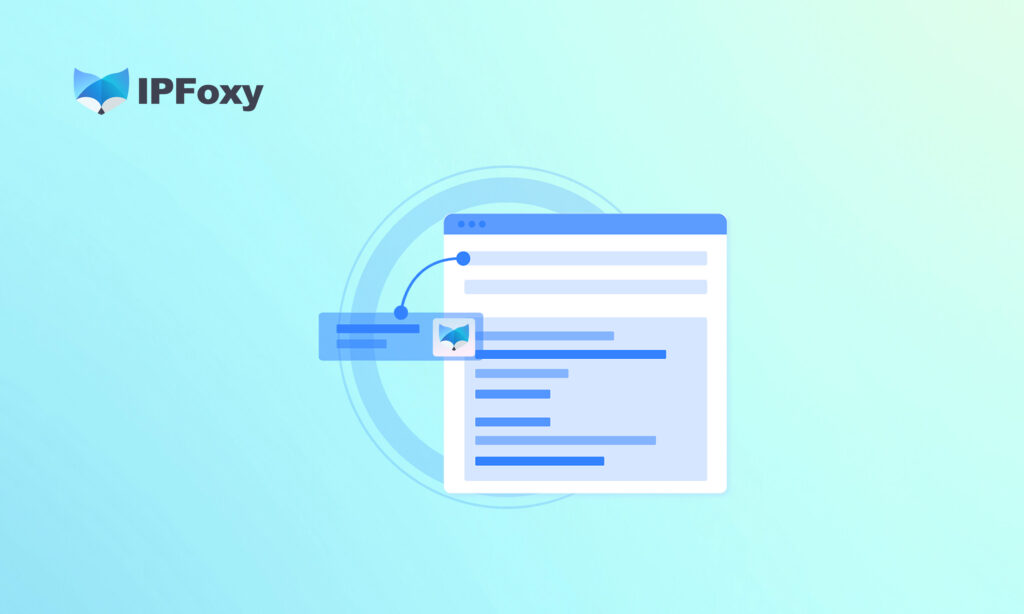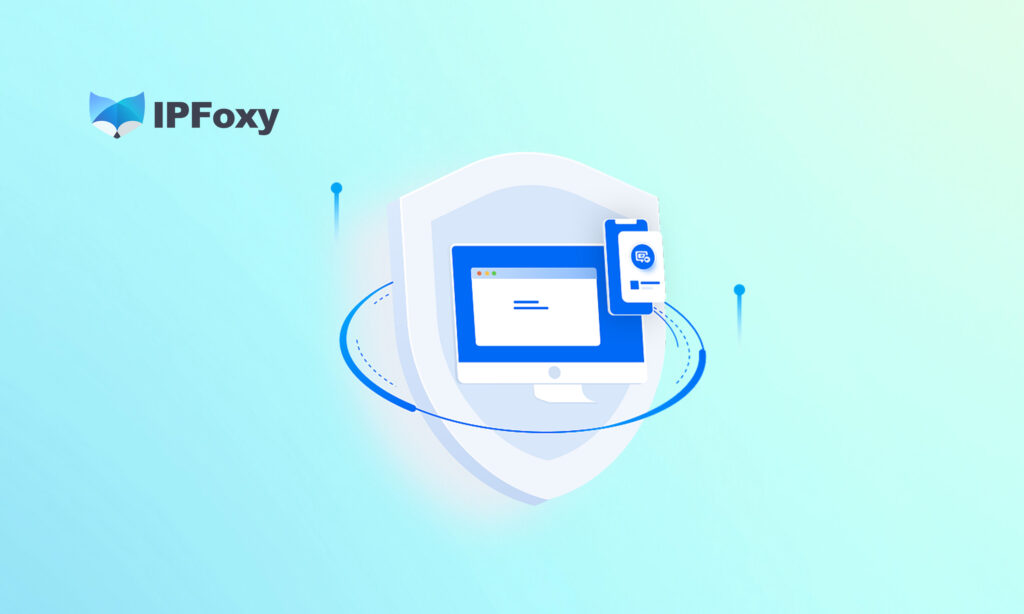For anyone working in E-commerce, Proxy are unavoidable. Whether it’s e-commerce platforms, social media platforms, or payment gateways, all of them monitor your IP. You may often hear terms like Native IP and Residential IP. But what do they really mean? What scenarios require them? Let’s break it down.
I.What Is a Native IP?
A Native IP is a public address assigned directly by an Internet Service Provider (ISP) or network operator.
- These addresses are fully local and recognized by region-restricted services.
- They are often used in data centers, cloud servers, and enterprise networks, as they provide direct internet connections.
⚠️ Note: The term Native IP is sometimes misused online. Some people confuse it with residential addresses. But in a data center context, a Native IP means the IP’s registered country matches the country of the data center it belongs to. If they don’t match, it’s considered a broadcast IP.
II.What Is a Residential IP?
A Residential IP is an address assigned by an ISP to a home user.
- Used for everyday online activities like browsing, streaming, and social media.
- Tied to a specific geographic location, meaning it may be affected by geo-restrictions.
- Can be dynamic (changes regularly) or static (remains fixed).
III.How to Choose for Business Use
- Pure Native IPs are relatively rare in data centers, as most pools have been migrated or re-registered over time.
- If your work requires higher authenticity, residential addresses are usually more practical. They are easier to obtain, cost less, and come directly from local ISPs.
- In practice, most platforms today don’t strictly require Native IPs.
👉 The real priority is clean, dedicated proxies. Whether you choose data center or residential, exclusivity ensures your accounts aren’t affected by other users. For example, solutions like IPFoxy proxies provide global static/dynamic dedicated coverage to guarantee reliability.

IV.How to Use Proxies Safely
In general, proxies can serve as relay nodes. But if you want to use them safely on major platforms without triggering risk controls—and ensure each account has its own exclusive address—you should integrate them with a Anti-detect browser.
This is the most common setup among professionals: for example, by combining IPFoxy proxies with a fingerprint browser, you can create a separate browsing environment for each account. This way, you can manage multiple accounts securely and maintain true one-to-one isolation from the ground up.

V.Conclusion
In short:
Native IPs are often more stable and reliable.
Residential IPs may be subject to ISP policies and geolocation restrictions.
But the most critical factor is the purity and exclusivity of the proxy. Choosing the right type of IP depends on your specific business needs, but making sure it’s clean and dedicated is the foundation of safe, sustainable operations.


